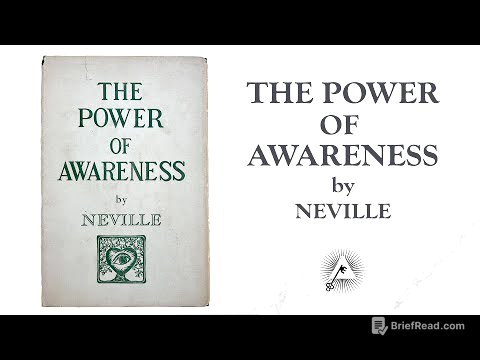TLDR;
This Numberphile video explains the mystery behind why YouTube view counters often freeze at 301 views. It features an interview with Ted Hamilton, a YouTube Analytics product manager, who explains the technical and historical reasons for this phenomenon. The video covers how YouTube defines a "view," the process of counting views across multiple servers, the statistical verification process for views, and the specific code that causes the 301 freeze.
- YouTube view counters freeze at 301 due to a historical coding quirk and a statistical verification process.
- YouTube validates views to prevent bots and misleading content from inflating view counts.
- The "301 freeze" is a result of a "less than or equal to" condition in the code that determines when to stop incrementing the view count before verification.
Intro: The Mystery of the 301 Freeze [0:00]
The video addresses the common question about why YouTube view counters freeze at 301. Many viewers have noticed that after a video is uploaded, the view count rises quickly but then stops at 301 for a period before resuming normal counting. Brady Haran interviews Ted Hamilton, a product manager for YouTube Analytics, to explain the reasons behind this phenomenon.
What Counts as a View? [0:25]
Ted Hamilton explains that a "view" on YouTube is defined as a video playback requested by an actual user who intends to watch the video and has a good user experience. YouTube considers views as a currency and puts significant effort into eliminating "counterfeit views." The video hints that the concept of counterfeit views is related to the 301 freeze.
Counting Views Across Multiple Servers [0:39]
The video explains that YouTube videos are cached in multiple locations around the world to ensure efficient delivery. When a user watches a video, their request is served by a local server, which also logs the view. These logs are periodically collected and aggregated in a central location for counting.
The Statistical Verification Process [1:08]
Ted Hamilton explains that once a video reaches around 300 views, YouTube initiates a statistical verification process to ensure the views are legitimate. This process involves verifying that the views are not from bots or misleading content. The verification process takes time, which is why the view counter freezes. YouTube moves from incrementing views one by one to incrementing in batches after verification.
Why 301? The Arbitrary Threshold [1:33]
The video addresses why the view counter freezes specifically at 301. Ted Hamilton admits that the decision to set the threshold at approximately 300 views was somewhat arbitrary. The goal was to differentiate between casual home videos and more popular videos that require scrutiny. The exact formula used to arrive at the 300 threshold is not known.
The Coding Quirk: Less Than or Equal To [1:55]
The video reveals that the view counter freezes at 301 due to a coding error. The code uses a "less than or equal to" condition instead of a "less than" condition. Specifically, the code reads: "If the view count is less than or equal to 300, then increment the view count." This allows the counter to reach 301 before the verification process begins and the counter freezes.
Simultaneous Updates and Variable Freezing Points [2:47]
The video explains why the view count sometimes freezes at numbers other than 301, such as 302, 305, or 310. This is due to simultaneous updates from different servers around the world. If multiple views come in at the same time while the view count is still less than or equal to 300, they can all be added before the door is shut, resulting in a freezing point higher than 301.
Likes vs. Views and Future Content [3:12]
Ted Hamilton notes that the discrepancy between likes and views (e.g., 2,000 likes but only 300 views) is because likes are not subjected to the same rigorous verification process as views. The video concludes with Brady Haran mentioning that he has additional footage from his interview with Ted Hamilton, which will be uploaded to Numberphile in the future.









